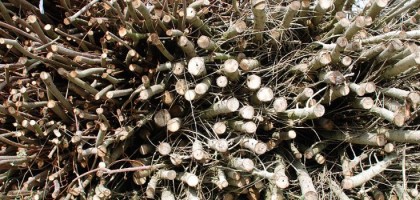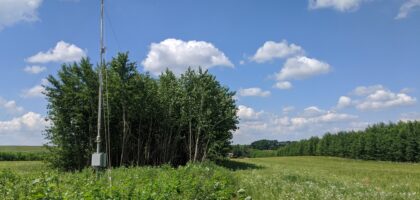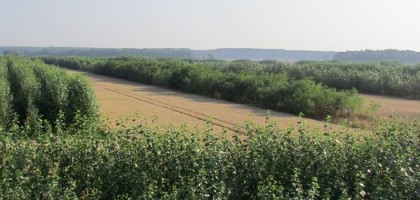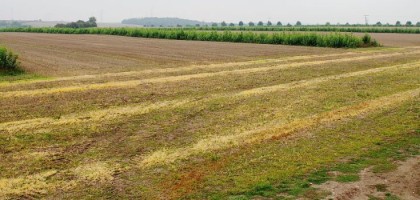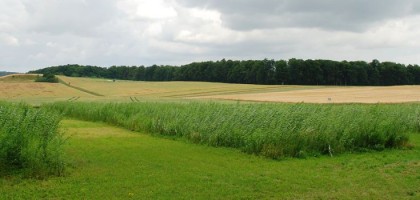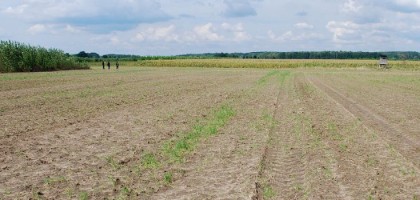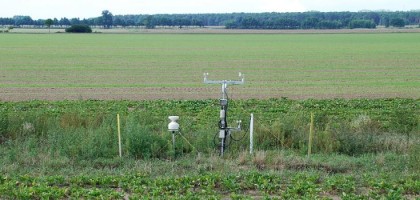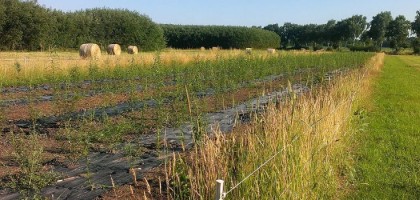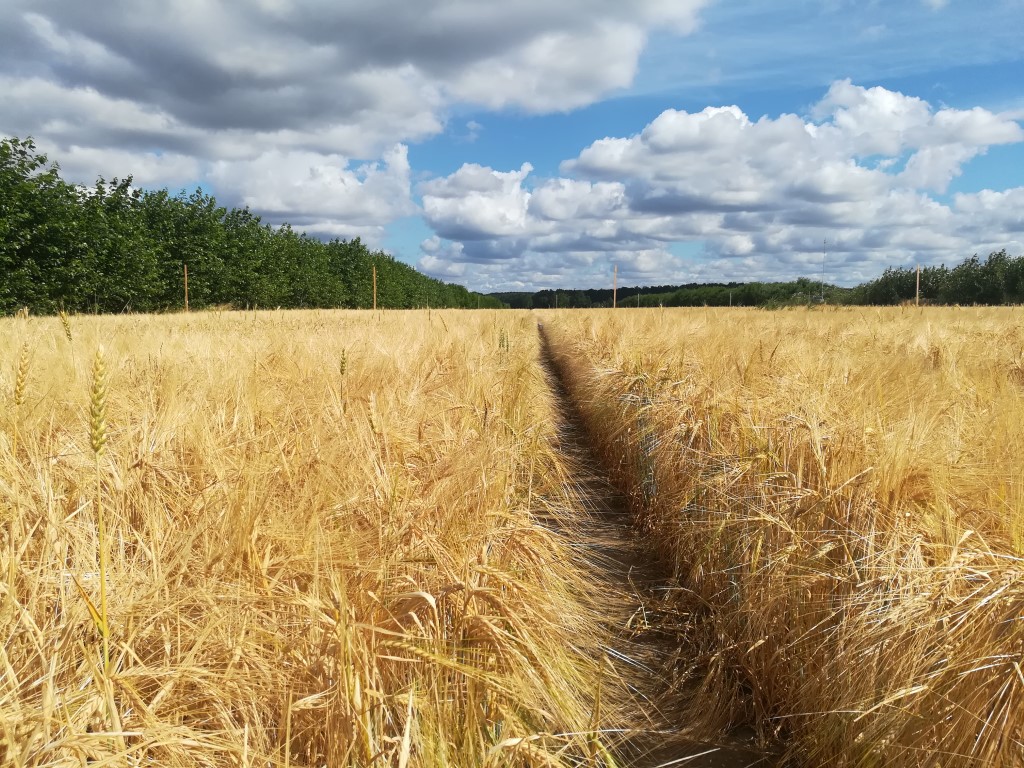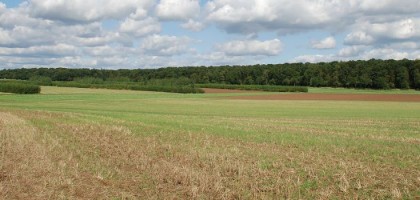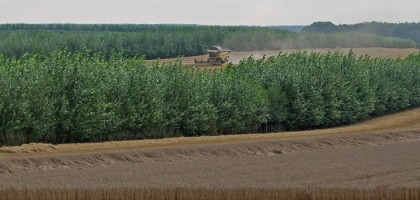TP2: Diversity and activity of soil microbial communities
Carbon use efficiency and microbial stoichiometry in temperate Arable Alley cropping systems
Summary
Agroforestry over the years has proved to be an effective sustainable management system. Therefore, there is the continual interest in agroforestry as an innovative agricultural practice with the objective to increase the build-up of carbon stocks, regulate important soil functions and its role as a central component of healthy and productive soils. Agroforestry irrespective of the type and components are regarded as alternative land use options sustaining soil quality through improving soil microbial biomass, organic C contents and promotion of long-term SOC with regards to permanence of sequestered SOC. Carbon mineralization is driven by microbial requirements for C and nutrients for growth, maintenance and the production of extracellular metabolites including enzymes, and this is coupled with the release of mineral nutrients i.e., N, P and S. Soil microbial biomass is a small but active fraction of SOM mediating decomposition and C-sequestration which controls soil biological functionality and activity thereby influencing nutrient fluxes which affects primary productivity of the terrestrial ecosystem.
Soil microbial C-use efficiency (CUE) represents the fraction of C that is taken up by a cell and converted to microbial biomass. CUE is a suitable indicator for management and land-use effects on C-sequestration. It is affected by the microbial demand of carbon and nutrients for maintenance and growth which depends on the microbial biomass stoichiometry (specific element ratios) and its limitations in the soil. A high microbial biomass and CUE may increase the microbial necromass in soils, which is a relevant proportion of total SOC. Building connections among microbial physiology parameter (i.e., CUE), microbial biomass and necromass will broaden our understanding on the dynamics of the microbially-driven soil C cycles. Therefore, the analysis of C-use efficiency, microbial biomass stoichiometry and its limiting soil elements is imperative for predicting decomposition, stabilization and cycling of carbon and nutrients.
The focus of this study seeks to investigate the microbial mediated causes of C accumulation under trees implemented in temperate arable alley-cropping (ACS) systems. For this purpose, two complementary investigation methods will be applied to: i) determine C utilization efficiency of microorganisms, ii) evaluation of C storage of topsoil in ACS with labelled substrate and recovery in mineral-bound C and iii) estimate the effect of nutrient stoichiometry on SOC and mineralization in soil under temperate alley-cropping systems.
